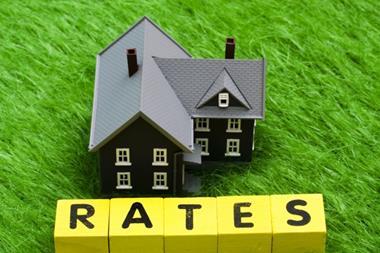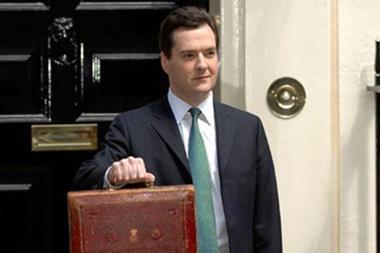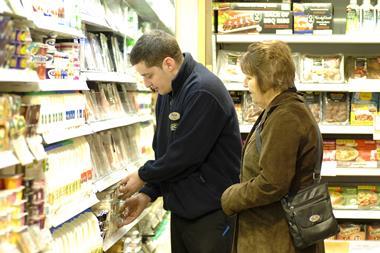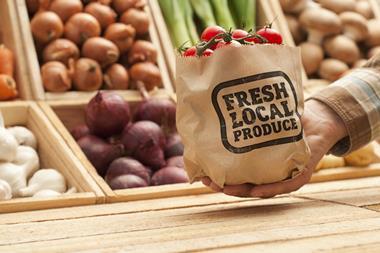The government has vowed to reform the business rates appeals system ahead of the 2017 revaluation.
The measure is one of a number of red tape-busting initiatives for small businesses announced in today’s Queen’s Speech as the government seeks to save businesses around £10bn.
The Enterprise Bill will see the Valuation Tribunal’s powers modified to consider ratepayer appeals, while the Valuation Office Agency will be allowed to share information with local government in a bid to improve the system for both local government and ratepayers.
The government also plans to create a Small Business Conciliation Service to help resolve business-to-business disputes without the need for court action, with a particular focus on late payment issues.
The government also plans to extend the Primary Authority scheme to streamline regulation around the country.
Further measures announced in the speech include a ‘tax lock’ to rule out rises in VAT, income tax or National Insurance in the next five years, plus commitments to raise the income tax allowance threshold to £12,500 by 2020, and to guarantee that people working 30 hours a week on the National Minimum Wage (NMW) will pay no income tax. Chancellor George Osborne also confirmed that the NMW will rise to £8 by 2020, and will be linked to income tax thresholds.
Commenting on the speech, ACS chief executive James Lowman said:
“We support more help for businesses to make sure they are paying a correct and fair level of business rates. However, the real answers lie in fundamental reform of the business rates system and we are focused on the current review being conducted by government.”
“The new legislative agenda has a clear vision to support small stores through the Enterprise Bill so that they can make essential investments in their infrastructure, staff and local communities. We will be working with the Department for Business on ensuring that deregulation supports convenience store owners.”
On VAT, Lowman said: “The Finance Bill will provide important stability for retailers who would be significantly affected by an increase in the rate of VAT.”
Lowman also welcomed the government’s commitment to ban the sale of so-called ’legal highs’, but called for clarity on the products that are going to be affected, and more information on the implementation of the ban.





![PLAUK0125 Jacobs The Trussell Trust Portrait[53]](https://d2dyh47stel7w4.cloudfront.net/Pictures/274x183/6/4/1/322641_plauk0125jacobsthetrusselltrustportrait53_125111_crop.jpg)















No comments yet